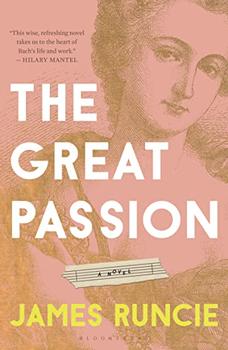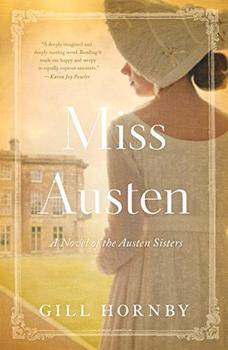Summary | Excerpt | Reading Guide | Reviews | Beyond the book | Read-Alikes | Genres & Themes | Author Bio

An enthralling literary debut that evokes one of the most momentous events in history, the birth of printing in medieval Germany—a story of invention, intrigue, and betrayal.
Youthful, ambitious Peter Schoeffer is on the verge of professional success as a scribe in Paris when his foster father, wealthy merchant and bookseller Johann Fust, summons him home to corrupt, feud-plagued Mainz to meet "a most amazing man."
Johann Gutenberg, a driven and caustic inventor, has devised a revolutionary - and to some, blasphemous - method of bookmaking: a machine he calls a printing press. Fust is financing Gutenberg's workshop and he orders Peter, his adopted son, to become Gutenberg's apprentice. Resentful at having to abandon a prestigious career as a scribe, Peter begins his education in the "darkest art."
As his skill grows, so, too, does his admiration for Gutenberg and his dedication to their daring venture: copies of the Holy Bible. But mechanical difficulties and the crushing power of the Catholic Church threaten their work. As outside forces align against them, Peter finds himself torn between two father figures: the generous Fust, who saved him from poverty after his mother died; and the brilliant, mercurial Gutenberg, who inspires Peter to achieve his own mastery.
Caught between the genius and the merchant, the old ways and the new, Peter and the men he admires must work together to prevail against overwhelming obstacles—a battle that will change history... and irrevocably transform them.
Gutenberg’s Apprentice is my favorite kind of historical novel, the kind that inspires me to stop every couple of chapters and ponder. Alix Christie’s extraordinary book made me want to ponder the tremendous ruthlessness of History (capital H intended), how it takes no prisoners when its gears begin to churn out global change. We see it today in so many ways, but seldom reflect on the individual lives of those who were chosen to mete out those changes. Changes without which nothing in our daily lives would be possible. I mean it. Nothing...continued
Full Review
 (800 words)
(800 words)
(Reviewed by Donna Chavez).
The Black Plague had claimed as much as two-thirds of Europe's population in the 14th Century. Life seemed fragile at best, and people who could write felt like it was important to get things down in black and white, to record their stories for posterity. Furthermore, the Church, the medieval everyman's raison d'etre, had pretty much failed them. So some began to question if there was any reason for existence, any meaning to life. It also might very well be credited to plague survivor's guilt that compelled people to seek answers to life's most complicated questions.
Whatever the reasons, history has made clear that once the genie of curiosity was out of the bottle, there was no turning back. Universities and schools...

If you liked Gutenberg's Apprentice, try these:

by James Runcie
Published 2023
From acclaimed bestselling author James Runcie, a meditation on grief and music, told through the story of Bach's writing of the St. Matthew Passion.

by Gill Hornby
Published 2021
For fans of Jo Baker's Longbourn, a witty, poignant novel about Cassandra Austen and her famous sister, Jane.